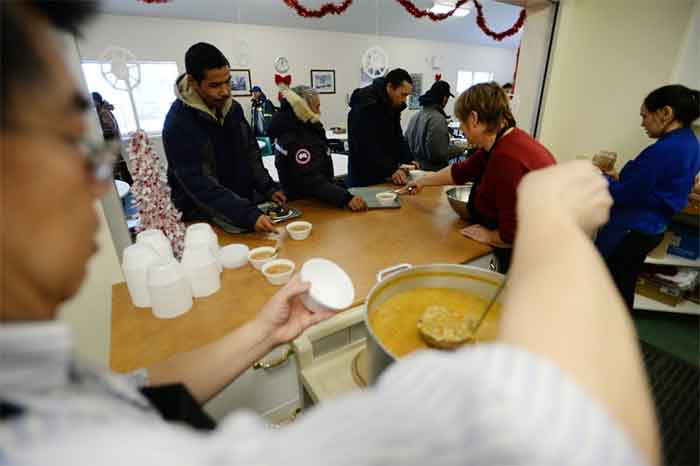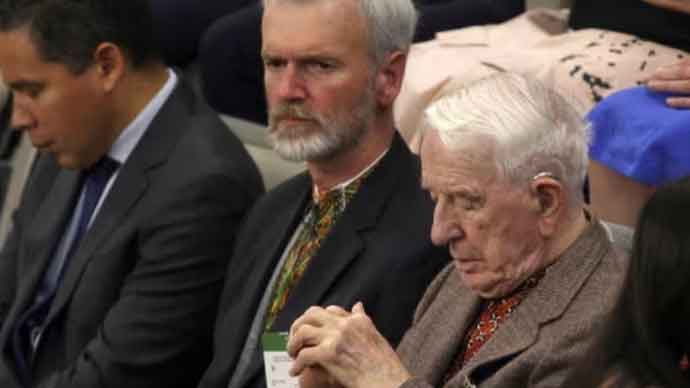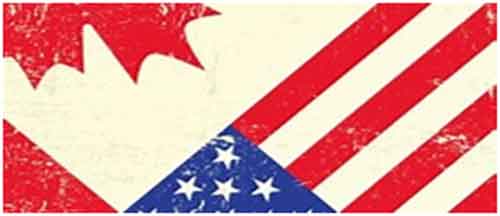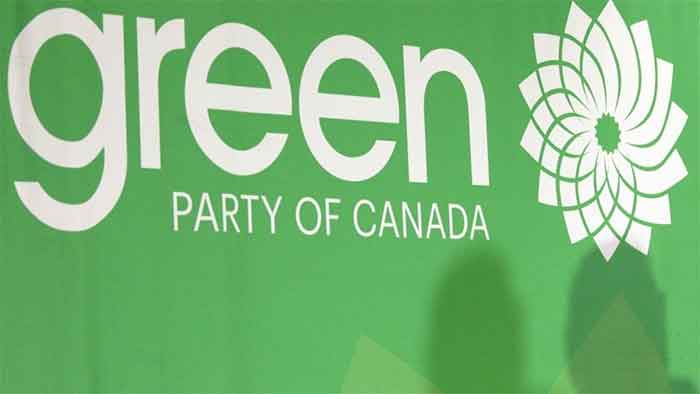
Reflections on Human Equality of Social Life
The social welfare system includes applying the structures, ideologies, and approaches in the study of social welfare to real world challenges and issues. A country’s social welfare system is a critical component in determining the quality of life and well being of its citizens.1
In many ways, Canada’s social status in the world includes components which determine the quality of life and well being of our citizens. 2 It only makes sense to include that our ideas and efforts towards helping those people who deserve our help and support would make a complex society functional and one worthy of social status.3 In retrospect, our democratic principles which equip us to deal with real world challenges and issues include concepts such as integrity and honesty. The poverty stricken people need assistance, whereas those who earn enough or have enough saved are undeserving of help and support.4
The Ideas and ideals vary representing the standards of life, what is necessary to live, the essential needs versus societal wants. We happen to be dealing with amassed collections of tragic tensions of history. To thinkers and societal planners, future-building always invites inner evolution of rethinking and reconstruction of societal values making ideal thought accessible to freewill as an inward human certitude. Is there a difference between what a person needs to survive and what a person requires in order to have a sense of well-being? What is the difference between survival and well-being? There is a difference between what a person needs to survive and what a person requires in order to have a sense of well-being. What a person needs to survive includes food, shelter, clothing, safety, and health.5 What a person requires in order to have a sense of well-being would come to include concepts such as family, education, wife or girlfriend, and other concepts which correlate with social status.6
The indigenous people and their ancient cultural values are distinct and unique as they possess their own systemic psychology, own specific knowledge and experience of life, health, well-being, education moral and spiritual values and the vitality of its understanding is crucial to form and shape the official policies and practices for societal enlightenment and sustainable harmony for cultural integration.
What appears interesting and somewhat eye-opening are the realities of the deteriorating social security net. There are increased restrictions on who is eligible to receive support or help.7 This is happening in order to limit benefits, benefits which have been cut from previous reductions, and in order to limit the number of people who are eligible to apply for social benefits. 8 Another reason for an increase in restrictions is to reduce the dependency of people on social welfare, and to limit overall social spending levels even when people are in fact need of these social programs of assistance.9
Educational Grants for Learning and Human Development
With a backdrop to the realities of a deteriorating social security net, there is a hope to meet the public expectations. The Ontario Ministry of Training, Colleges, and Universities offer non-repayable grants to eligible students for college and university education. These grants of money and funding are offered to eligible students who achieve excellent grades. My university education was entirely funded by the federal government by way of federal grants. The non-repayable grants are much like scholarship funds given to students who have excellent academic achievement.
We know that tuition fees in my places of residence were some of the highest in the country. However, our understanding was that regions in the west-cost, along with those in Ontario and Quebec, had the highest rates of tuition whereas universities on the east-coast had some of the lowest rates in the country. Could this be because some regions have allocated more funding for their colleges and universities? Likely, we remember learning that in the United States much of the funding for colleges and universities comes from private donations. For example, Stanford University receives nearly one billion each year in private donation funding, followed by Harvard University with about six to seven hundred million, and Yale University with about four hundred million in funding each year. These figures are astounding. This brings us and others in developed nations to consider that do we need a greater effort at home and abroad in order to encourage private donations to our universities? Does our social welfare system, and federal funding programs for colleges and universities, need to provide more resources to our universities to make them competitive and provide better quality of education? The answer would certainly be yes.
In retrospect, despite that tuition fees in our region may seem high for quality university education; they only differ from other regions by a few hundreds of dollars or a thousand per semester for full-time education. Canadian universities provide quality education which equals the excellent standard found at any American university, yet at a fraction of the cost. Although full-time students in American universities pay nearly ten times the cost of full-time fees as do
students in Canada, it would be logical to lower the tuition fees, greater funding for research and development, and diversity in our program offerings for undergraduate and graduate students.
Mohammad Momin Khawaja is a Sociologist and a Journalist: Member of the Canadian Sociological Association (CSA) and Member of the International Center for Journalist – ICFJ Global Network, Washington, D.C. USA. A graduate of Laurentian University in Sociology, he writes on current issues of social justice, criminology, philosophy, ethics, history and problems of social welfare system and human development. He is author of numerous publications including, Women in the Ancient World (Lambert Academic Publication, 2023), and his forthcoming book is entitled: Philosophy and Ethics. He recently published: “North American Colonization of Indigenous People, Cultures and System of Social Welfare.”
1 Raphael, D., “Poverty and the Modern Welfare State, In Poverty in Canada: Implications for health and quality of life”, Toronto, Ontario, Canadian Scholars’ Press Inc., 2011.
2 Ibid.
3 Ibid.
4 Ibid.
5 Ibid.
6 Ibid.
7 Haynes, H., Stabile, M., “How do the U.S and Canadian social safety nets compare for women and children?”
Cambridge, MA, National Bureau of Economic Research, 2017, http://www.nber.org/papers/w23380
8 Ibid.
9 Ibid.















































